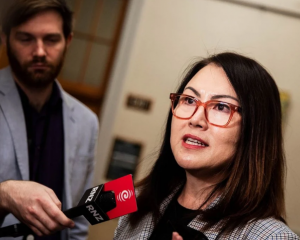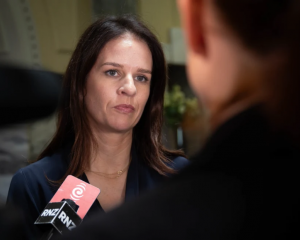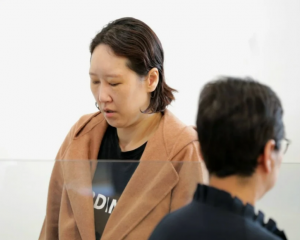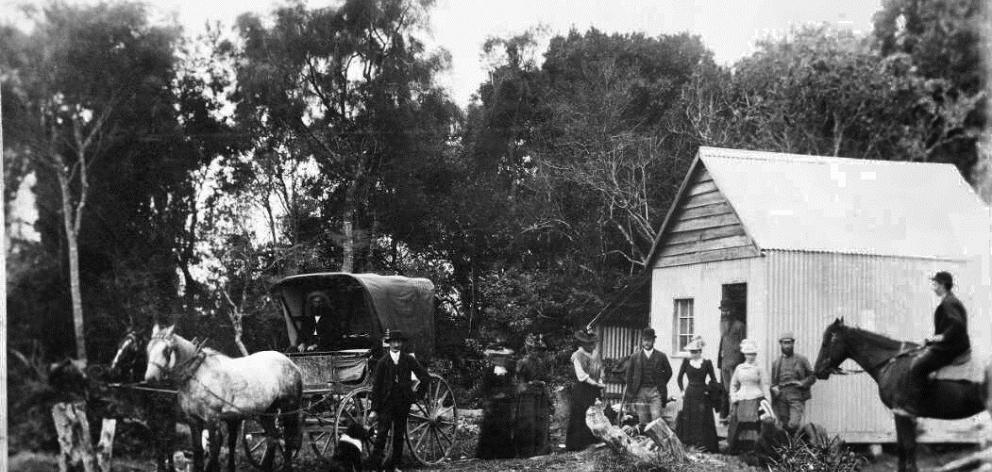
The Evening Star of November 27, 1893, left its readers in no doubt of the importance of the 28th — election day.
"For the first time in the history of the Empire women will exercise the parliamentary franchise," it said.
"We do not exaggerate when we affirm that the eyes not only of their countrymen and countrywomen, but of the whole civilised world, are upon them as to the manner in which they may use their privileges."
When the polls opened the next morning, Greymouth women Mrs McPherson and Mrs Benyon rushed inside to vie for the honour of being first woman to vote in a New Zealand general election — a claim to fame Mrs McPherson secured.
They were joined at the ballot box by slightly more than 90,000 other women — although how many agreed with the Star that they regarded the franchise as a sacred trust and voted with a conscientious consideration of their duty to the state — is a moot point. "They certainly enrolled in great numbers — about 84% of those eligible to enrol to vote did so," University of Otago historian Barbara Brookes, author of A History of New Zealand Women, said.
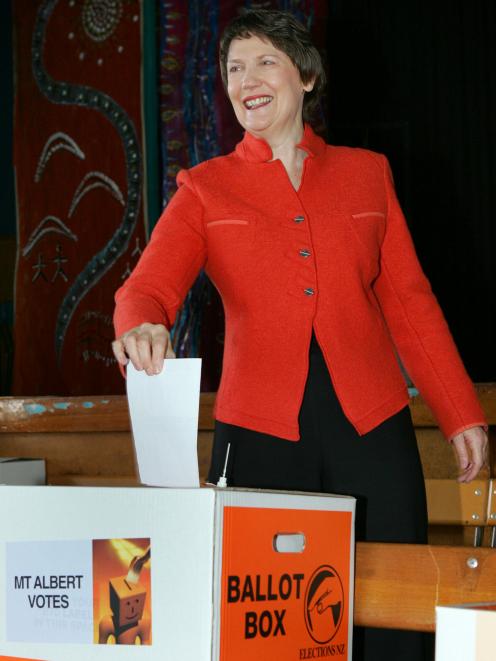
Many suffragists were ardent prohibitionists — several local electorate contests in 1893 were believed by contemporary observers to have been decided on that issue alone.
Janine Hayward, head of the University of Otago Politics department, said women did have a significant impact on the orderly nature of the general election, and significantly reduced the drunken rowdiness usually associated with voting.
"They did not as voters, with 85% turnout for women, affect the overall outcome of the election — the Liberal government won the election convincingly despite their fears that women may be a conservative force," Prof Hayward said.
"But at the district level they did punish those who had campaigned against women’s suffrage, notably MP Henry Fish (lost his seat), of Dunedin, who had organised two petitions against extending the franchise to include women."
Ever since, the women’s vote has been held as a critical factor in New Zealand elections.
Percentages of women and male turnout was tracked until the 1950s, and the influence of women voters can be seen in some elections — notably the 1919 election, where the prohibition vote saw women flock to the polls, and the 1943 election, where World War 2 had a marked impact on male turnout.
With three female prime ministers, including incumbent PM Jacinda Ardern, women continue to exert considerable political influence in New Zealand.
"Women in 1893, like all people then and now, had a variety of political opinions," Prof Hayward said.
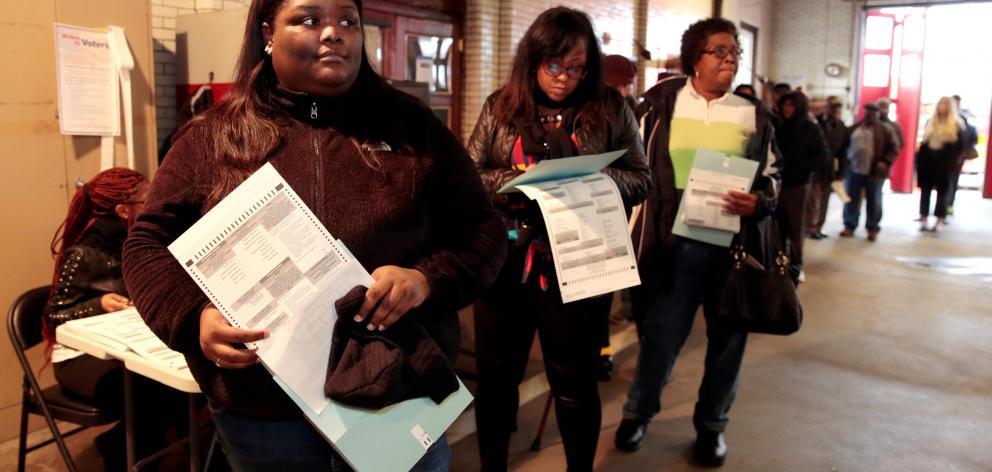
"But they also, then and now, share a perspective as women which can, under very particular circumstances, see them voting with common purpose."
Overseas evidence suggested women vote differently from men on not only perceived gender issues such as child-care, but also increasingly on issues which used to not be gender-related, such as military spending and climate/environment policy, she said.
Marc Wilson, who teaches political psychology at Victoria University, said research had found at least two "gender gaps" in politics.
"Firstly, women tend to be disproportionately more liberal/leftist/democratic in their political orientation," Prof Wilson said.
"I’ve looked at why this might be, and one possible answer is that rightist/conservative political parties tend to advocate for hierarchical social and economic relations, and women tend to be less hierarchical than men."
That meant women were an important group of prospective voters, he said — for example, if women were exactly half the population, and if 60% of half the population preferred Labour, that was a sizeable chunk of the final vote.
"Of course, it then comes down to whether men show as strong a preference in the other direction, as to whether this is cancelled out."
Despite their importance as voters — the most recent example being the US midterm elections, where polling suggested a higher turnout by women meant a higher Democratic vote — the second gender gap was that women were under-represented in houses of parliament worldwide.
"Women tend to be less focused on economic issues, which might speak to some of the difference," Prof Wilson said.
"That becomes particularly important in elections where social issues are higher up the agenda.
"That’s to say, if economy is not the deciding factor, then the gender gap will tip the scales."
• On November 28 Toitu Otago Settlers Museum and the Ministry for Women are holding a suffrage anniversary event, "Kate Talks".
Speakers include Otago University accountancy lecturer Helen Roberts, Kiwi Harvest CEO Deborah Manning, Sticks ‘N Stones founder Ashley Smith, Methodist Mission chief executive Laura Black, and psychologist Miriama Ketu-McKenzie.


